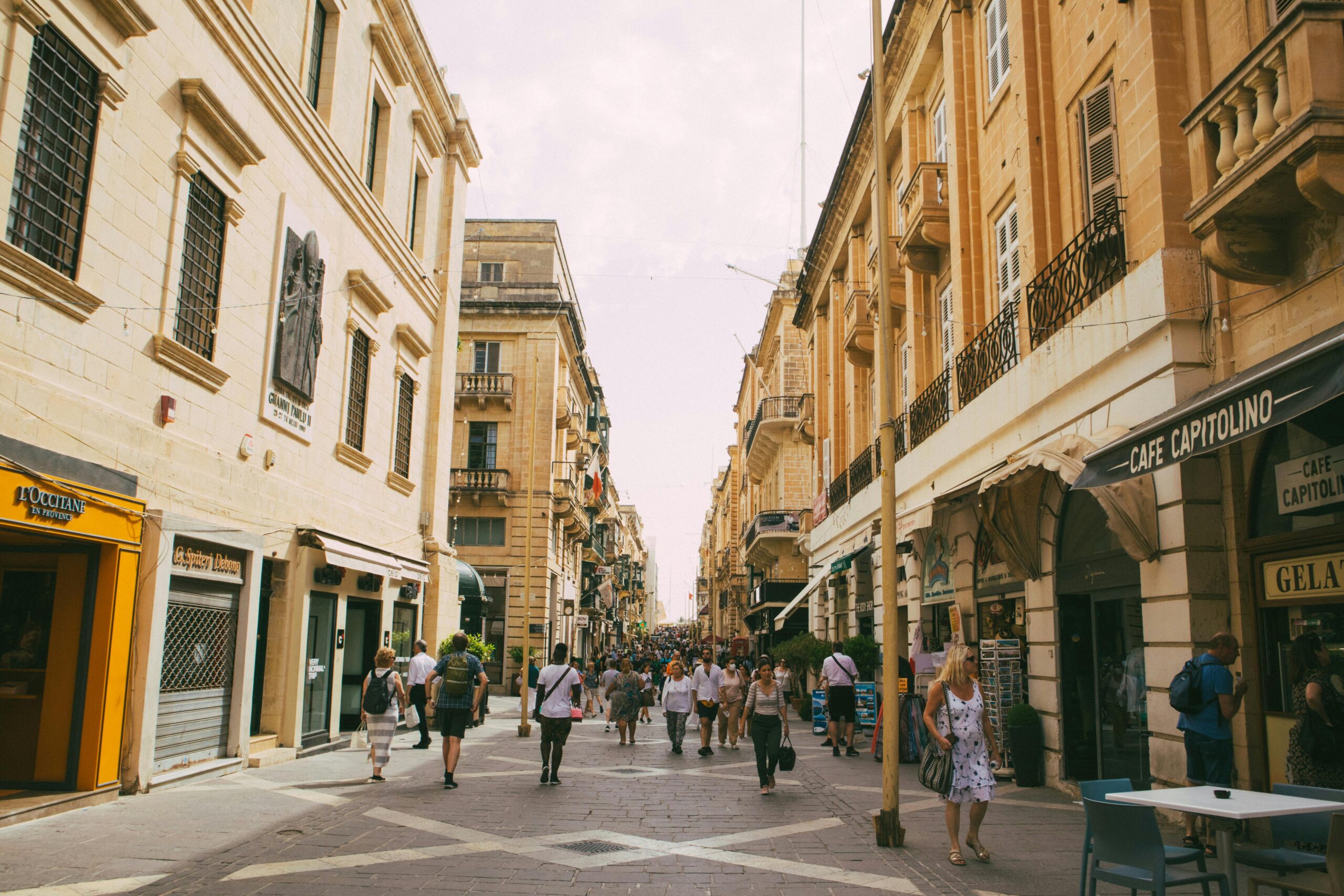A new suggestion being put forward by leading property stakeholders would see old office blocks being converted into residential housing projects aimed at providing affordable rental options to workers and others who prioritise cost savings.
The idea was floated during the first meeting of the re-constituted board of the Estate Agents Section within the Malta Development Association, led by president Michael Bonello (Alliance).
The board of the Estate Agents Section within the MDA also includes Alan Grima (Dhala), David Aquilina (Belair), Ben Mangion (BenEstates), George Vassallo (Frank Salt), Henry Zammit (ELITE), Sam Zammit (ReMax), Stefan Consiglio (Pierre Faure) and Steve Mercieca (QLZH).
Mr Bonello said that Malta is facing issues with the number of foreign workers arriving in Malta and finding that affordable housing is almost impossible to find.
At the same time, there are many old office blocks that have been left vacant as their tenants moved on to newer buildings with better amenities, while the post-pandemic work-from-home phenomenon has decreased demand for office space.
“So what we are suggesting is that we as the MDA, the Government and the Housing Authority put our heads together so that existing office blocks that are not being rented out can be given special permission to be converted to residential use.”
Mr Bonello was at pains to explain that, under the current proposal, the buildings involved would not be permitted to make any changes to their external shell: “No additions, no extra storeys.”
The interiors, however, would be entirely renovated to offer affordable housing for those coming to live and work in Malta, as well as locals, who prefer to live on their own without breaking the bank.
“At the moment,” says Mr Bonello, “we have a situation where people are being forced to share kitchens and bathrooms with complete strangers. We have three-bedroom residences, designed to accommodate families, instead hosting people with no ties to one another.”
There is nothing wrong in that, he continues, but it is evident, when speaking to many of those forced to share, that they would rather have a place to call their own – no matter the size.
“Many people, especially if their focus during their time on the islands is to work and save money to make a better life back home, are perfectly content with a 30 or 35 sqm residence that includes their own bedroom, bathroom and kitchen. That is perfectly enough to meet a person’s needs,” says Mr Bonello, pointing out that similarly sized studio apartments exist in many major cities.
Current legislation prohibits the construction of one-bedroom residences smaller than 55 sqm – a policy the MDA has frequently singled out for criticism.
But wouldn’t the influx of a large quantity of such residences pose a risk to the current rental market, with the increase in supply putting downward pressure on rental prices?
Mr Bonello says that the prices would be set by the social stakeholders involved, namely the MDA, the Housing Authority and the Government, to ensure that any such risk is controlled.
“We definitely don’t want the existing rental market to collapse,” he says, dismissing concerns as to the legality of such price-setting, despite multiple court rulings finding in favour of landlords who had their rents fixed under Malta’s old rental regulations.
The owners of the newly converted apartments would also be prohibited from selling them as individual units, continues Mr Bonello.
“Ultimately, these owners are facing a situation where their revenues are drying up. Our intention is not to create a situation where someone who previously made, for example, €50,000 a year, can now make €200,000. Our question is, how can that owner continue to generate €50,000 a year?
“That will require investment to convert existing buildings, certainly, and those investments will be substantial. But at the end of the way, it will ensure that the rents keep coming in, and they will be coming in because that building is now filling a gap in the market.”
Malta International Airport closes in on one million passengers in June
Meanwhile, aircraft traffic movement rose by 4.5 per cent year on year
Malta’s population hits 574,250 in 2024, up by 1.9%
Total net migration was at 10,614 persons, the vast majority being non-EU citizens
Service excellence as a cornerstone of Avenue 77 workspace experience
Providing excellent service is a foundational aspect of what makes working at Avenue 77 a great experience






